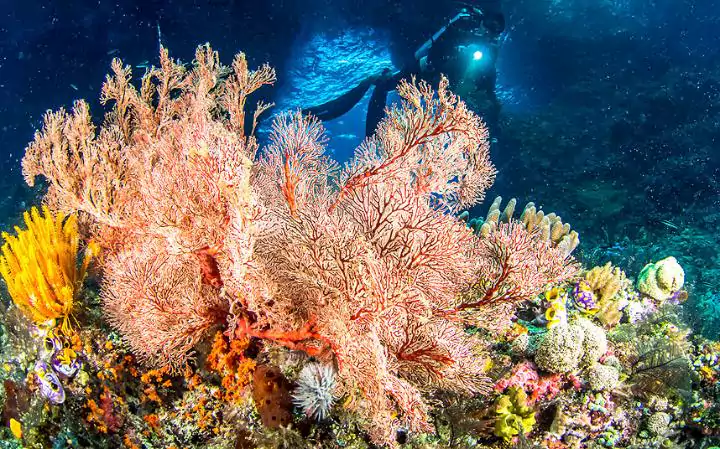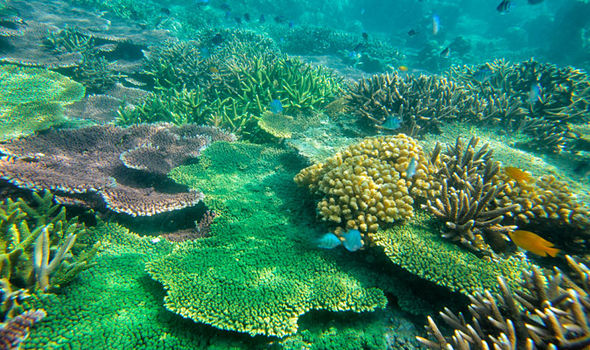Ghana’s discovery of coral reefs in its waters is good news but hinges on the ruling of its maritime boundary dispute with neighbors Côte d’Ivoire.
Coral reefs are diverse underwater ecosystems, similar to a forest reserve which serves as a habitat for different aquatic species.
Coral reefs represent unique habitats with high biodiversity, and are believed to be important habitats for some fish species, such as ling, redfish, and tusk.

Ghana’s coral reefs have been likened to that of Norway. It is about 400 meters in deep waters.
It has been described as unique – it is about 1.4 kilometers long and 70 meters high. The discovery is located to the West, close to the country’s border to Côte d’Ivoire.

The same area the two cocoa producing giants are tussling a maritime boundary dispute currently at the International Tribunal for the Law of the Sea (ITLOS).
The discovery was announced at a seminar to outdoor the Marine Environmental Baseline and Monitoring Surveys, conducted by the Ghana and Norwegian governments since the exploration of oil in 2010 in Accra.
The two cocoa producing giants who wins the case will have its eco-tourism sector experience a boost if attention in given to commercializing the discovery like Kenya, Tanzania and Madagascar and Norway.
Coral reef eco-tourism is successful in many developing countries such as Indonesia and the Philippines, although it is just picking up in East Africa and only a handful of operators run coral reef expeditions and safaris.
According to the head of the petroleum department at the Environmental Protection Agency, Kojo Agbenor-Efunam, Ghana will soon put in documentation to declare the area a marine protected zone.
This will help it develop processes to protect the area from fishing and mining activities. “Once you have declared that as a marine protected area then you bar some activities from going there; for example fishing and oil companies going there for drilling,” Mr. Efunam
Background to Dispute
Ghana in 2014 initiated arbitration proceedings under the United Nations Convention on the Law of the Sea (UNCLOS), seeking a declaration that it has not encroached on Cote d’Ivoire’s territorial waters in the exploration of oil.
The decision followed failed negotiations between the two countries in the past years, as well as continued receipt of threatening letters from Cote d’Ivoire by oil companies operating in the disputed area.
In order to avoid a diplomatic spat, Ghana has since served Cote d’Ivoire with a notification of arbitration, in accordance with the provisions of UNCLOS.
Source: Africafeeds.com/ Osei Owusu Amankwaah



